Polycarbonate(PC)injection molding refers to the efficient process that you can use to produce polycarbonate parts in almost any shape and is a popular choice for the automotive, electronics and medical device industries in China.
If you want to develop your own products with custom PC molds, this list of the top five PC injection molding companies will help you choose the right supplier.
Top 5 PC Injection Molding Companies in China
1.Fow Mould
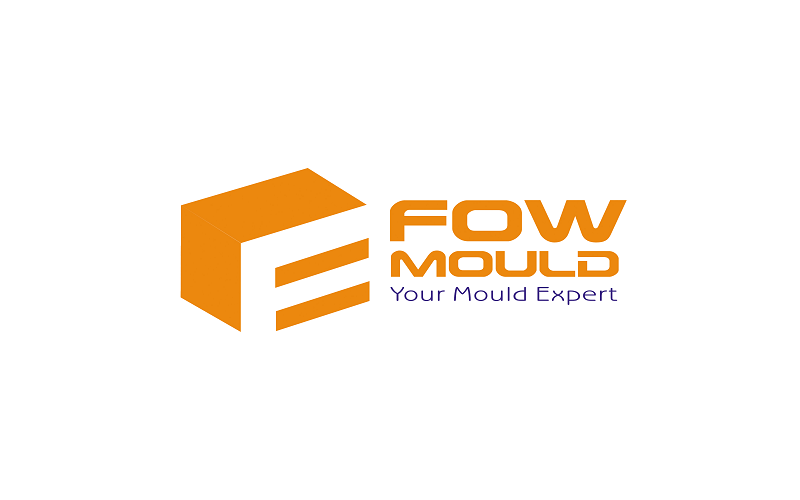
Year Established: 1978
Location: Zhejiang, China
Industry: Manufacturing
FowMould is a plastic moulding manufacturer in China with years of experience in plastic injection moulding of polycarbonate materials and is able to provide high performance precision polycarbonate moulding products for various industries.
FowMould has also established a professional design team and sales team to provide the best service to meet customers’ requirements. With rich working experience and considerate products and services, FowMould has become a well-known supplier of polycarbonate injection molding.
2.Sositar Mould Co., Limited

Year Established: 1998
Location: Shenzhen, China
Industry: Manufacturing
SOSITAR MOULD CO., LIMITED, is Located in Shenzhen, China, and was established in 1998, Sositar Mould Co.,LTD specializes in various plastic moulds parts for automotive, home appliances, medical equipments, electronics and sporting equipments, as well as general industrial OEM applications.
The company has extensive experience in PC injection molding and offers high-quality custom mold making and precision plastic injection molding services, making it a reliable choice.
3. HORD RAPIDTOOLS CO., LTD

Year Established: 2013
Location: GuangDong, China
Industry: Manufacturing
ZHONGSHAN HORD RAPIDTOOLS CO., LTD Mould Co., Ltd. was founded in 2013 and is located in Zhongshan City. We are a professional manufacturer specializing in rapid tooling and small-batch production, offering customized solutions for various manufacturing processes including plastic injection molding, CNC machining, silicone hot pressing, aluminum die casting, and aluminum extrusion.
PC injection molding is one of Holder’s important businesses. They can provide on-demand manufacturing from prototype to production. With over 20 years of experience, they have the ability to provide manufacturing projects of any size or complexity with competitive pricing, high quality parts and rapid injection molding services.
4.Eco Molding Co., Ltd

Year Established: 2004
Location: Shenzhen, China
Industry: Manufacturing
Certification: ISO 9001:2008
Eco molding Co., Limited, offer plastic injection molding service and specializes in various plastic molds for automotive, home appliances, electronics, as well as general industrial OEM applications.
ECO Molding offers a wide range of plastic materials for the process, such as ABS, PA6, PA66, PP, PC, PC/ABS, PS, POM, PPS, etc., specializing in custom molds and providing PC injection molding services for customers worldwide.
5.RJC Mold

Year Established: 2002
Location: Shenzhen, China
Industry: Manufacturing
RJC Mold is a mold company with widely recognized design and manufacturing services, known for its extensive experience in a variety of materials, including polycarbonate.
RJC’s team consists of highly skilled engineers/designers and specialists with years of experience and a wealth of knowledge to provide the most comprehensive and competent services that our customers require.
In recent years, polycarbonate (PC) injection molding has been an important method for producing hard and clear plastic parts. Despite its widespread use in various industries, this manufacturing process may seem daunting to those unfamiliar with it.
In this article, we will shed light on the fundamentals of PC injection molding and the reasons behind its reputation for excellence, guiding you to understand how PC injection molding can cost-effectively accelerate product manufacturing for your business or organization.
Read further for an in-depth look at the mysteries of PC injection molding!
What Is PC Plastic Material?
Polycarbonate is a versatile and high-performing plastic material that offers a unique combination of strength, transparency, and resistance to impact and temperature. It’s used in a wide array of products, from electronics and automotive components to eyewear and greenhouses.
PC injection molding refers to the process of shaping polycarbonate (PC) plastic material using the technique of injection molding.This process is widely used because of its ability to produce large quantities of parts efficiently, its capacity for creating complex shapes, and the high-quality, durable components it produces.
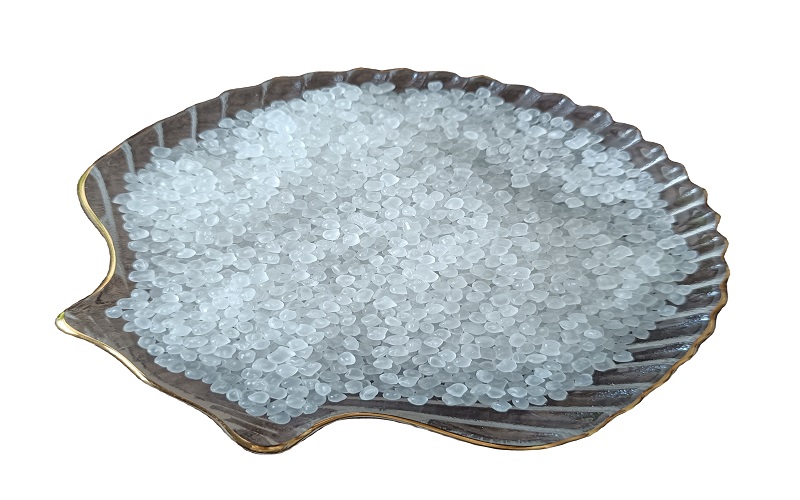
Properties of Plastic PC
Polycarbonate (PC) is a widely-used thermoplastic polymer, and it possesses a unique combination of properties that make it valuable in various applications. Here are the fundamental properties of polycarbonate (PC):
- Heat and impact resistance
- Ensuring consistent dimensions
- Typically polycarbonate melting point is 280-320°C
- The tensile strength = 55-75 MPa (8,000-11,000 PSI).
- Specific gravity = 1.2
- Shrink rate = 0.5-0.7%
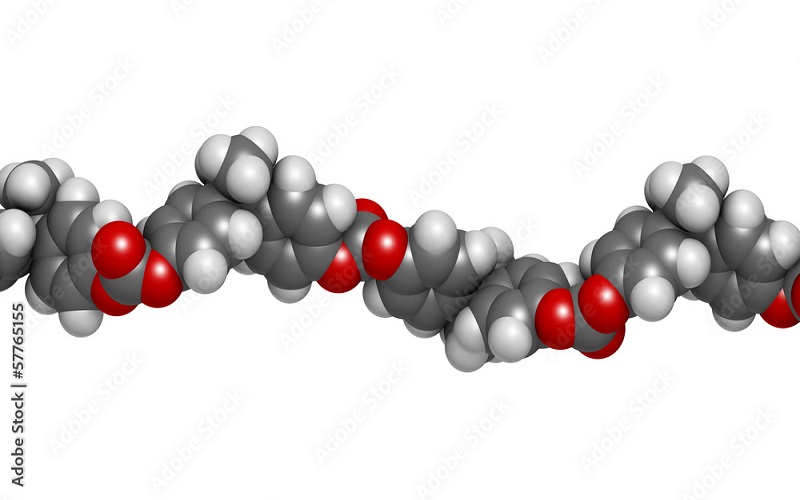
Benefits of PC Injection Molding
The unique properties of polycarbonate have been combined with injection molding technology to further expand its reach and importance in modern products and applications, and the following are some of the benefits of polycarbonate molding:
High Strength and Durability
At the same time, polycarbonate is known for its durability and high impact strength. Using these properties,injection molding of polycarbonate is used to create durable, high-precision products that can withstand harsh environments and extreme temperatures.
Cost-effective for Large-scale Production
One of the main advantages of PC injection molding is the rapid production of high-quality, complex parts. Due to the high throughput and efficiency of the process, parts of uniform size and shape can be produced in large quantities, making it suitable for companies with mass production needs.
Recyclability
Materials discarded during the PC (polycarbonate) injection molding process are frequently recyclable. This practice not only minimizes waste and offers cost benefits to manufacturers but also supports energy conservation and efficient resource utilization. By repurposing this material, the industry aligns itself with green initiatives and reducing its carbon footprint.
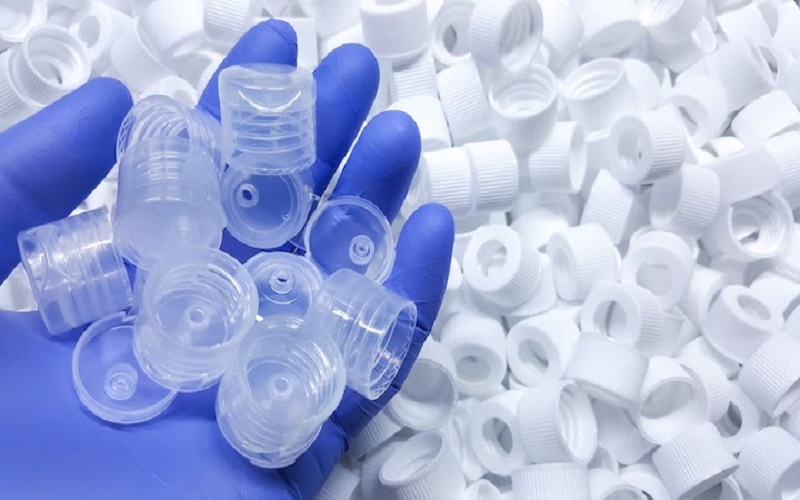
Limitations of PC Injection Molding
It is important to note that while PC materials offer many advantages, they also have some limitations, such as sensitivity to certain chemicals and solvents, susceptibility to scratching, and the need for UV stabilizers in outdoor applications.
Chemical Sensitivity
Polycarbonate (PC) displays sensitivity to specific solvents and chemicals, leading to degradation upon exposure. This susceptibility can restrict its applications, necessitating protective measures or alternative material choices in environments where such chemicals are prevalent.
Easy to Scratch
Although polycarbonate can withstand powerful impacts, its surface scratches easily. In applications where scratch resistance is critical, a coating or hardening process may be required.
UV Degradation
While PC is transparent and has excellent optical properties, it is sensitive to prolonged UV exposure. Over time, untreated PC can yellow and become brittle when exposed to sunlight.It can be modified with additives to enhance its UV resistance, making it suitable for outdoor applications.
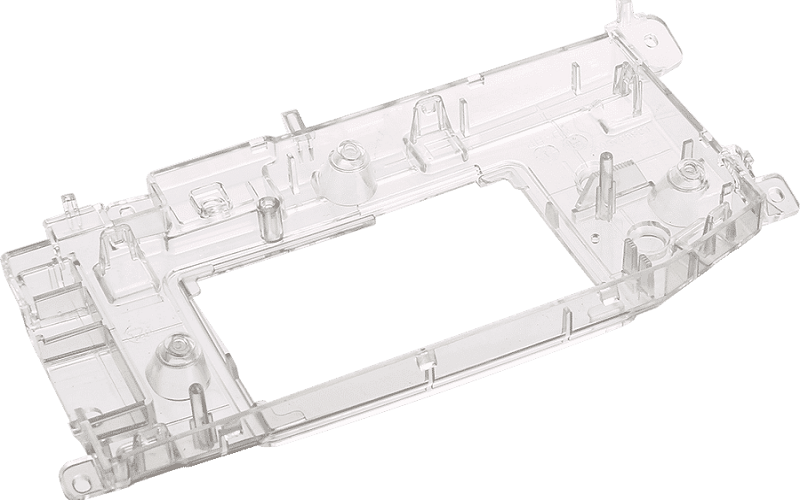
Conditions of PC injection molding
Polycarbonate (PC) is a widely used injection molding material, but there are many intricate details when using this plastic for injection molding. Below are some points to pay attention to when injection molding polycarbonate:
Drying
PC is an absorbent material and if the material contains moisture, this may have a negative impact on the quality of the final product. In order to avoid problems such as slippage and degradation, PC materials must be thoroughly dried before injection moulding. The recommended drying conditions are generally 120-150°C and 3-4 hours.
Melting Point
Polycarbonate melting point typically in the range of 280-320°C. This parameter may need to be adjusted based on the specific grade of PC used, the part design, and the overall molding conditions.
Mold Temperature
In order to achieve optimal material flow and minimize internal stress, it is generally recommended to maintain the temperature of injection mold polycarbonate between 80-120℃. However, the actual mold temperature may vary depending on the geometry and size of the parts.
Injection Pressure
PC requires high injection pressure to ensure the material fills the entire mold cavity. The actual pressure needed will depend on the part’s size, complexity, and mold design.
- PC Injection Molding Conditions
Drying temperature (℃) | 90~100 | Drying time about (hr) | More than 2 hours |
Mold temperature(℃) | 80~120 | Residual material volume (mm) | 2~8 |
Melt temperature (℃) | 280~320 | Back pressure (MPa) | 6~15 |
Injection pressure (MPa) | 130~180 | Clamping force (ton/in2) | 4~6 |
Injection speed | Medium or high speed | Return speed (rpm) | 60~80 |
Screw type | Standard, fine type (Do not use moisture extraction screw and slingshot nozzle | ||
Machine stopping and disposal | Cleaning with HDPE | Shredded material reuse (%) | 10~25 |
Applications of PC injection molding
Injection molding of polycarbonate is used in a wide variety of industries and applications due to its exceptional properties such as high impact resistance, transparency, and heat resistance.
Electronics
Polycarbonate, with its high dielectric properties and excellent heat resistance, is the material of choice for many electronic components. It is used in a wide variety of components such as connectors, insulators, and the bodies of laptops, smartphones, and other electronics.
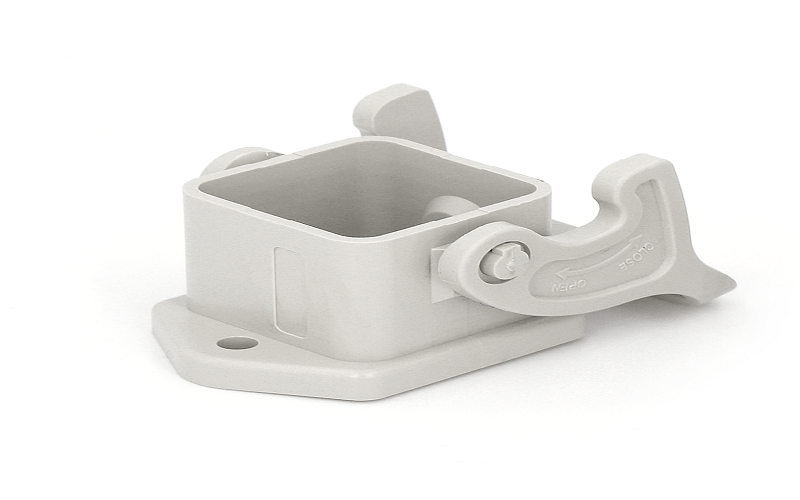
Automotive Components
Polycarbonate’s strength, durability and heat resistance make it an excellent material for a wide variety of automotive parts. From headlight and taillight lenses, which need to withstand a variety of weather conditions, to dashboards, interior panels and bumpers, which offer durability and resilience, polycarbonate is a popular choice.
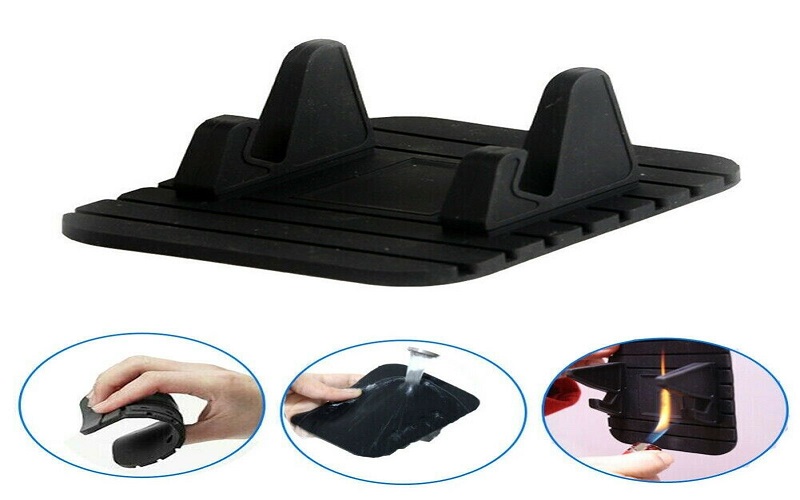
Eyewear
The use of polycarbonate in the manufacture of lenses has been an important factor in innovation in the eyewear industry. These lenses are thinner, lighter and more impact resistant than regular glass lenses. This has made them the first choice for prescription eyeglasses, sunglasses and protective eyewear.
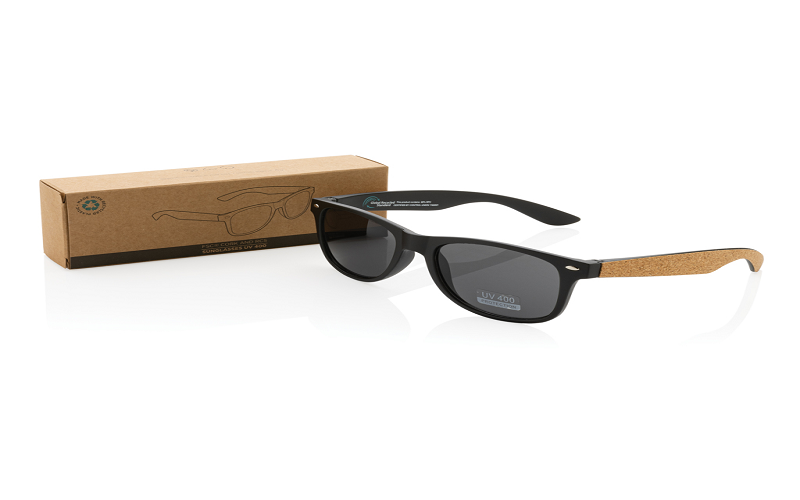
Greenhouses
Due to its transparency and ability to withstand adverse weather conditions, polycarbonate (PC) is an ideal option for greenhouses. It can provide an optimal environment for plant growth while ensuring the longevity and durability of the plants.
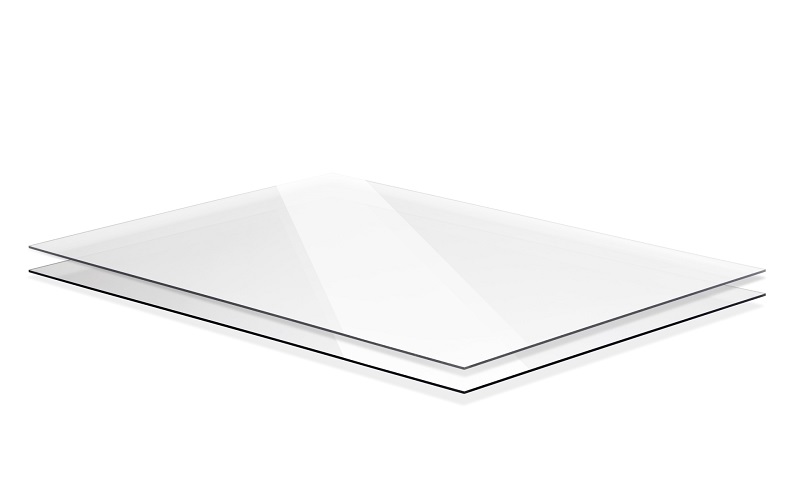
FowMould—Custom pc injection molding professional manufacturer
FOWMould, as a leading injection molding manufacturer in China, is able to provide one-stop plastic injection molding service. We combine our 40 years of experience with the latest technology in the industry to provide you with dynamic and cost-effective injection molding solutions.
In addition, we have a diversified team of designers and engineers focusing on different areas to meet your different injection molding needs.
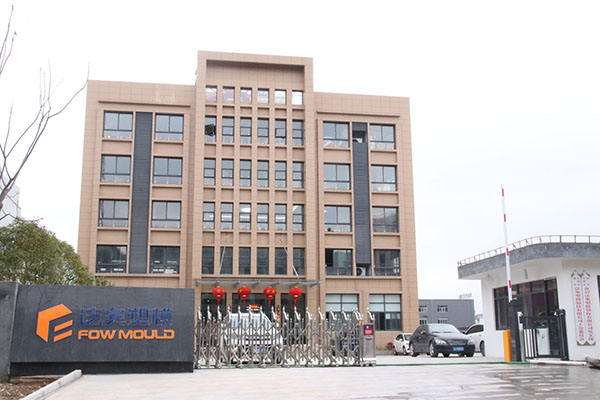
Conclusion
In summary, Polycarbonate (PC) injection molding is a manufacturing process where molten polycarbonate, a strong and transparent thermoplastic material, is injected into molds to form the desired parts.
Known for its high impact resistance, heat resistance and excellent electrical insulation, PC is ideal for many applications.
